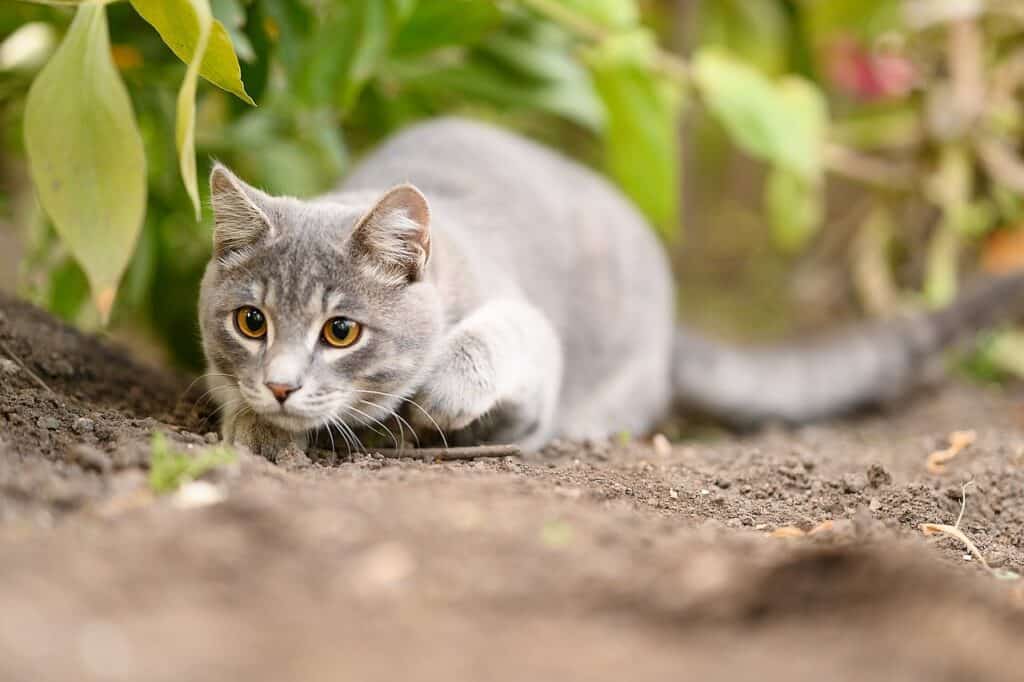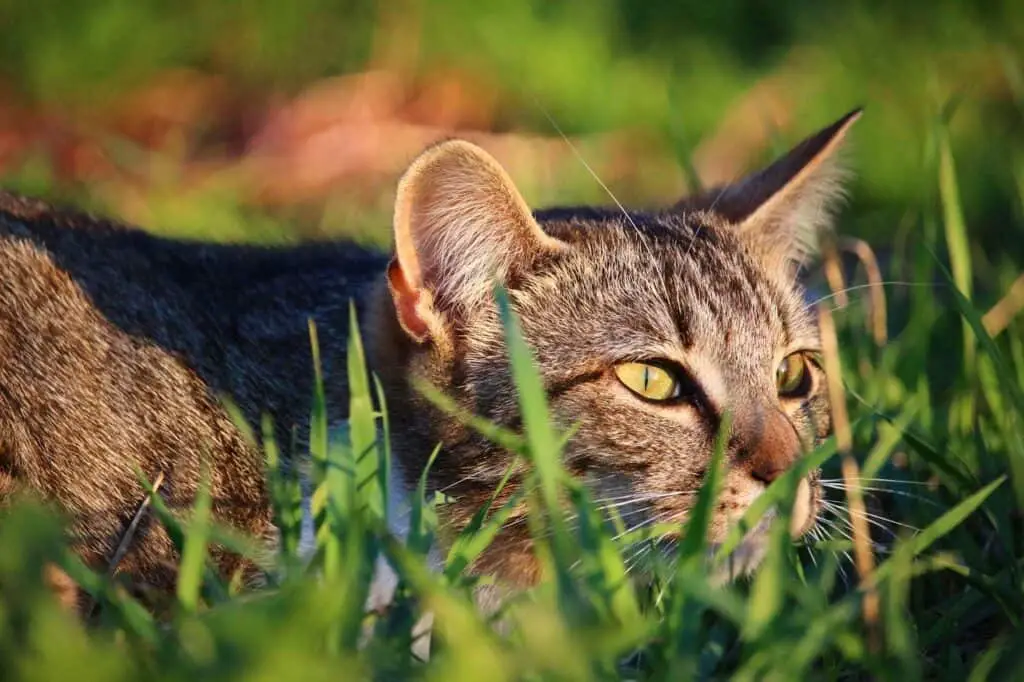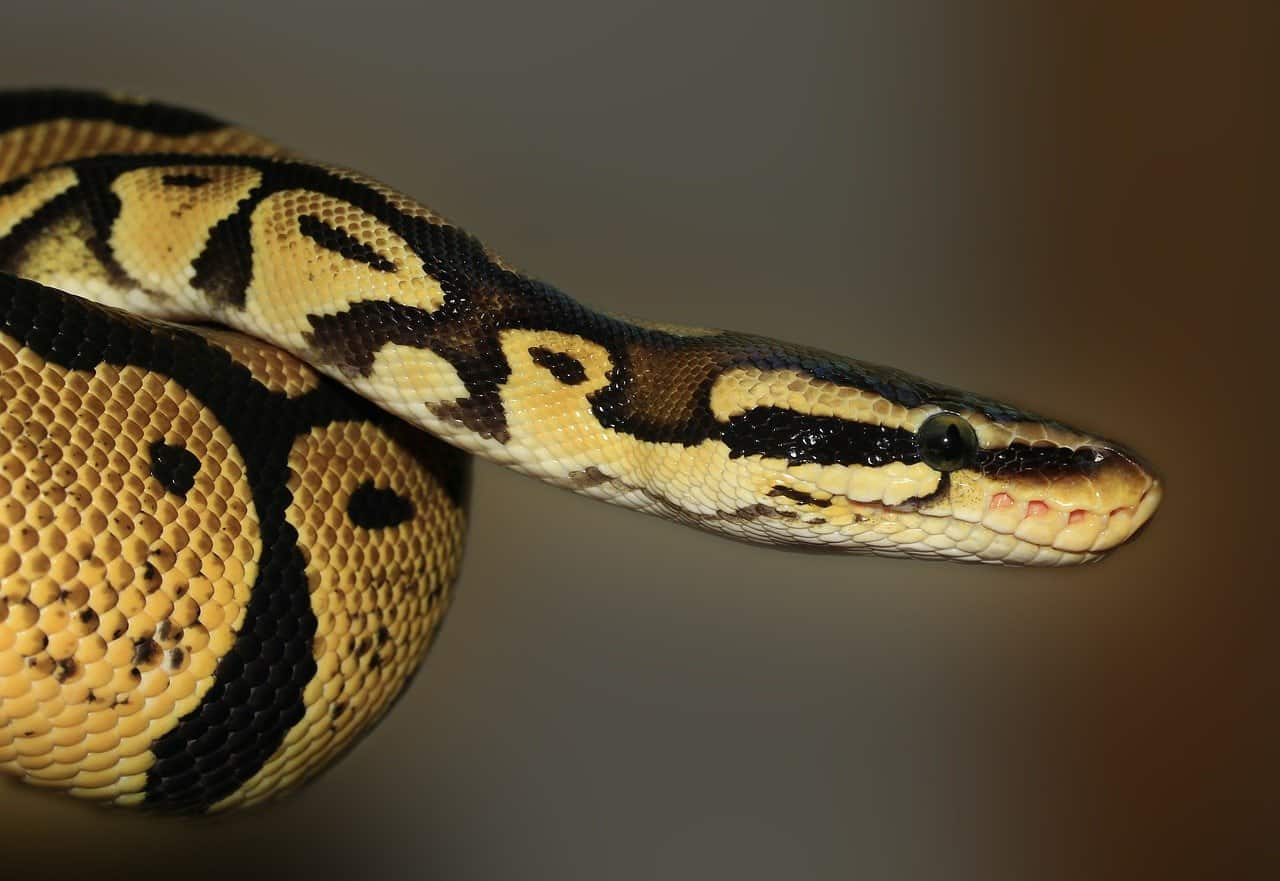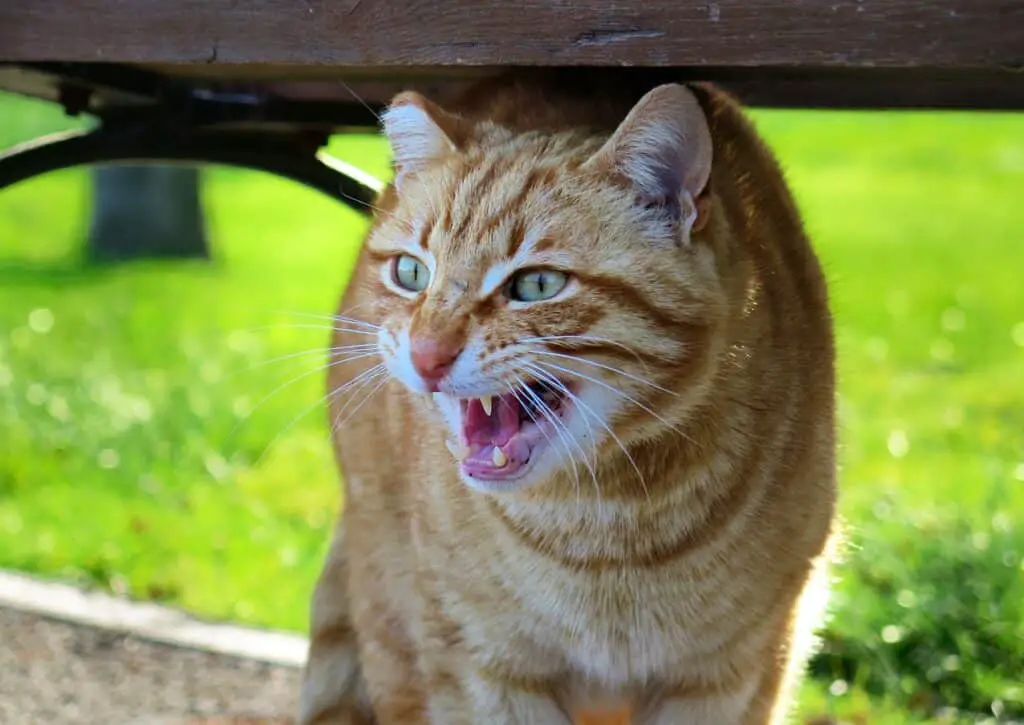Over time, cats have proven to be very useful in dealing with pest problems. Being hunters of mice and rodents, Cats have traded their skill in controlling the mouse population for a place at our side, even during times when keeping pets just for fun wasn’t something people did.
But apart from hunting furry rodents,… Do Cats Keep Snakes Away? Or is a regular old snake trap more useful?
Because cats are not afraid of snakes and are natural-born hunters, cats are good at catching snakes. Even larger snakes of up to about 6ft in length should be no match for an adult cat. However, this doesn’t mean that snakes will avoid homes that have cats, especially if the snake detects potential prey within the cat’s territory.
Knowing this, it is pretty likely to cat catch trespassing snakes in your garden or home, but a cat may not be the ideal snake trap.
Are cats and snakes enemies?
As we all know, cats are great hunters, and they generally go after small prey such as mice, rats, birds, and even squirrels.
Because they’re also curious, cats sometimes take on an adversary like a snake, even if they don’t have any hunting experience with snakes in the past.
The hunter in your cat would be naturally drawn towards the slithering motion of snakes and their sharp, sudden movements. This would entice an adventurous cat to make a play for it. However, if your cat is more timid, she might ignore or avoid the snake altogether.
Even if your cat catches a snake now and then, snakes are predators too, and incidentally, they hunt the same prey as cats. They’re also very persistent and not easily scared.
The risk of getting caught by a cat will not deter most snakes from entering your garden or home.

How do cats attack snakes?
In a potential encounter between common snakes and cats, the latter possesses several advantages over the snake, assuming the snake is not a boa constrictor snake or a venomous snake. Although both possess strong hunting instincts, a cat’s fast reflexes, sharp claws, and teeth could take out the snake in the blink of an eye.
The cat will attack the snake by batting it with its paws and grabbing it with its claws. The snake, on the other hand, will defend itself by retaliating and pouncing towards the cat.
The cat will bat the snake’s head away and quickly grab it between its powerful jaws to avoid getting a snake bite. In this position, the cat will have total control over the snake. Those familiar with a cat’s hunting skills know that the cat can break the snake’s neck with a swift twist, leaving it paralyzed.
A cat’s hunting technique often makes it hard for snakes to avoid it since a cat stays close to the ground and stealthily approaches.
Should cats be afraid of snakes?
Although most cats can take on most snakes, they are not invincible. There are several types of snakes that a cat would’ve better stayed away from.
A snake that’s large enough, such as Boa Constrictors, Anacondas, or a Burmese python snake, are known to eat huge prey such as deer or lambs. A cat would be an afternoon snack to them.
If you live in the rural parts of Southern Florida, Southeast Asia, or South America, your cat could encounter such snakes while being outside. Most cats are not keen to take on these giants and will run away.
Another risk is, of course, venomous snakes. A cat unfamiliar with snakes might not know which ones are venomous and risk getting bitten by one.
What to do if a venomous snake has bitten your cat?
If your cat is unlucky enough to receive a snake bite from a venomous snake or you suspect that she has, seek veterinary treatment immediately. Make sure you can give a detailed description of the snake. If you have the chance, take a picture of it.
This will help the vet determine what antidote will work best.
Keep your cat as still as possible and carry it, rather than letting it move around. The venom spreads through your cat’s body faster with movement.
Do not try any home remedies! Time is of the essence, and it’s much more likely that your cat survives the ordeal when treated by a professional as soon as possible.

Better ways to keep snakes out of your garden
It’s probably clear by now that a cat may not be the ultimate line of defense between you and a wandering snake.
Although cats may hunt snakes recreationally, they’re no full-proof way to keep snakes away, and in some areas, snakes even pose a risk to your cat as well.
If you really have a snake problem, then we suggest that, instead of depending on your cat, look into other solutions that deter snakes from getting into your home, like a snake fence or snake repellent.
If you insist on letting your feline play a role in deterring snakes, some people have had positive results with keeping snakes away with cat urine. Others reported that also coyote urine can do the trick.
The reason this works is that the smell of both types of urine is very unpleasant to snakes. Secondly, they recognize that it’s predator urine by the unique scent makers and will likely avoid the area. For this reason, human urine does not work and won’t keep snakes away.
Related questions
Do cats eat snakes?
In the wild, it would be quite likely that cats and snakes cross each other’s paths regularly, but cats don’t actively hunt snakes. When they happen to catch and kill one, they might nibble on parts of it, but it’s unlikely they will eat the snake.
Can cats sense snakes?
Cats are very good at keeping an eye on what happens within their territory. Being natural hunters, their instincts are powerful, and they notice the slightest sound, smell, or movement that is out of place. For this reason, cats can detect intruders way before humans notice them, including the presence of snakes.
Does salt keep snakes away?
While salt is very effective in keeping snails away, it has not been found to deter snakes. This is because both animals have different make-up and way of propelling themselves. Snakes slither by the movement of their muscles while snails move over a layer of secreted slime that dissolves under salt’s influence.




